Is your brand equipped to strategically protect and enhance your online reputation?
Consumers increasingly trust online reviews in their purchasing process. Whether you purchase a new car or are in the market for a new physician, chances are you’ve sought out reviews to reinforce the decisions in your purchasing process.
According to the National Research Corporation’s Market Insights Study, the digital experience informs purchasing decisions across all demographics, not just those of millennials. Brand authority is no longer in the hands of traditional sources of the past. In most cases, your potential customers rely on industry consumers and stakeholders to depict your brand, products and services. When these stakeholders take the form of a disgruntled ex-employee or a dissatisfied customer, how can brands take action to actively monitor and influence online perception?
What Is Social Intelligence?
One way is the adaptation of an online reputation management strategy, informed by social intelligence. Forrester defines social intelligence as the process of turning social media data into actionable marketing and business strategy. This strategy can include efforts to protect and improve your brand image, impact consumer sentiment and bolster your other marketing efforts. The ultimate goal is, of course, to use all of this information to strategically impact your company’s ability to succeed.
How Do Brands Monitor Social Intelligence?
Many brands capture the early phases of monitoring their online reputation but do not have the measures in place to fully integrate the pieces necessary for a robust social intelligence plan.
Here’s how brands usually fall in the spectrum:
Reactive: At this stage, brands have alerts to mentions on popular such as Google Alerts. This allows them to periodically check their social media platforms.
Social Monitoring: Companies in this stage typically use a platform that allows them to monitor all owned social media channels, including mentions and comments.
Social Listening: This is the point where companies start to identify and attribute value to not only what is being said about their brand and industry as a whole, but also who is doing the talking. Some examples of social listening include listening to conversations about competitors, tracking their share of voice in their industry and also tracking relevant themes and current issues.
Strategic Listening: Brands who engage in strategic listening have intent-based queries and goals that they are hoping to answer an achieve through listening to specific channels, conversations and topics.
Give Employees a Space to Speak Out
Providing a non-biased, third-party forum for employees to voice their thoughts allows for you to collect valuable data about your organization’s most valuable asset – your employees. Conducting stay interviews allows you to have two powerful tools:
Where does your brand fall in the spectrum? Are you taking measures to strategically manage your online reputation?
Be proactive. HSD can help you start building your brand’s social intelligence internally by giving employees a space to air their frustrations that isn’t your Google reviews page. With HSD Metrics® Employee Engagement Surveys, you can increase retention and retain your most valuable resource, your employees. Contact us online today or call 877-439-9315 to learn more.






